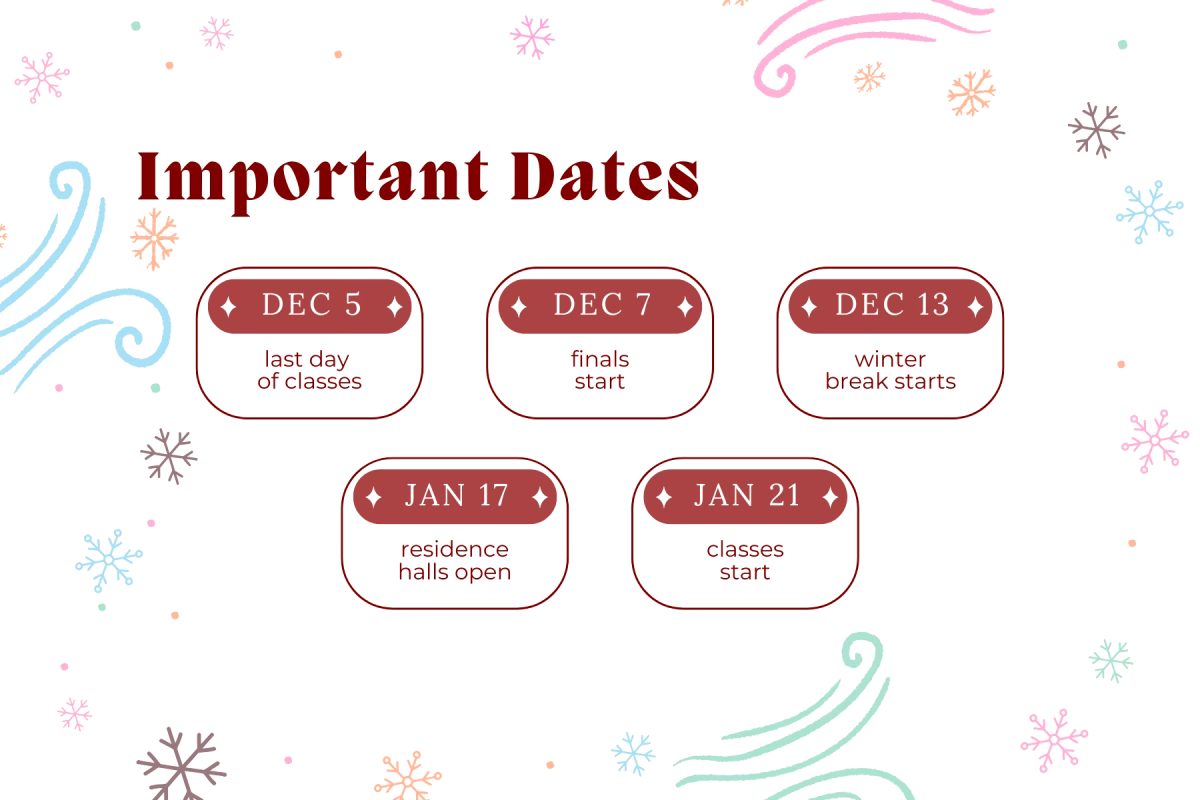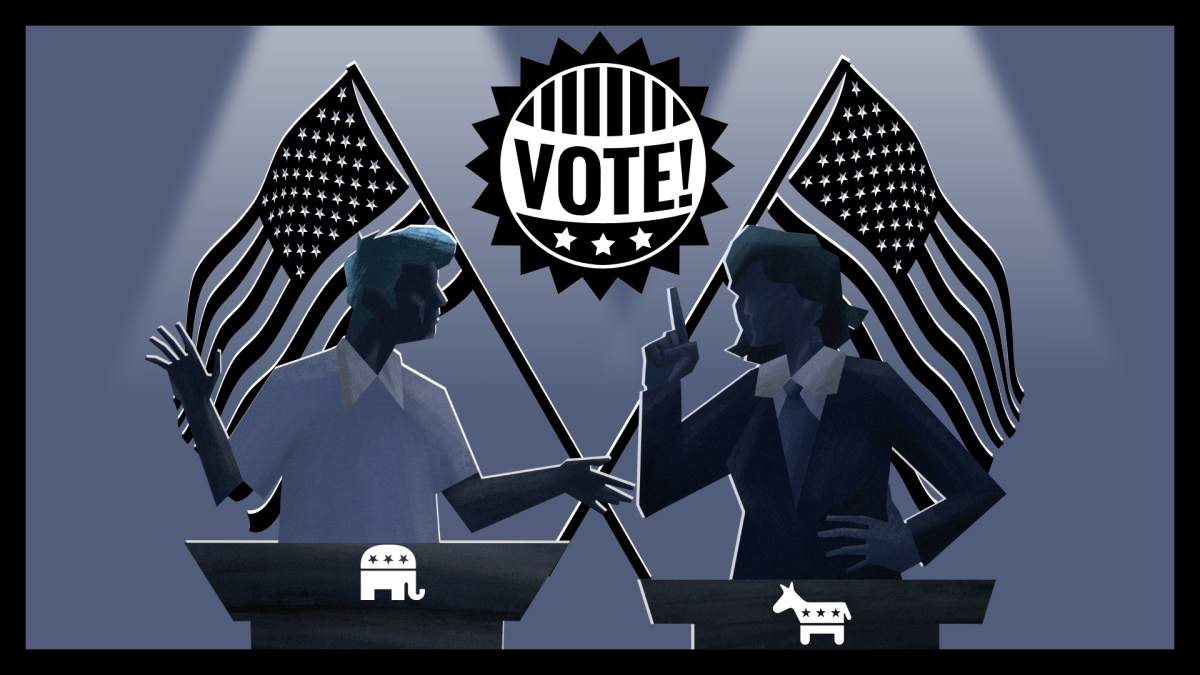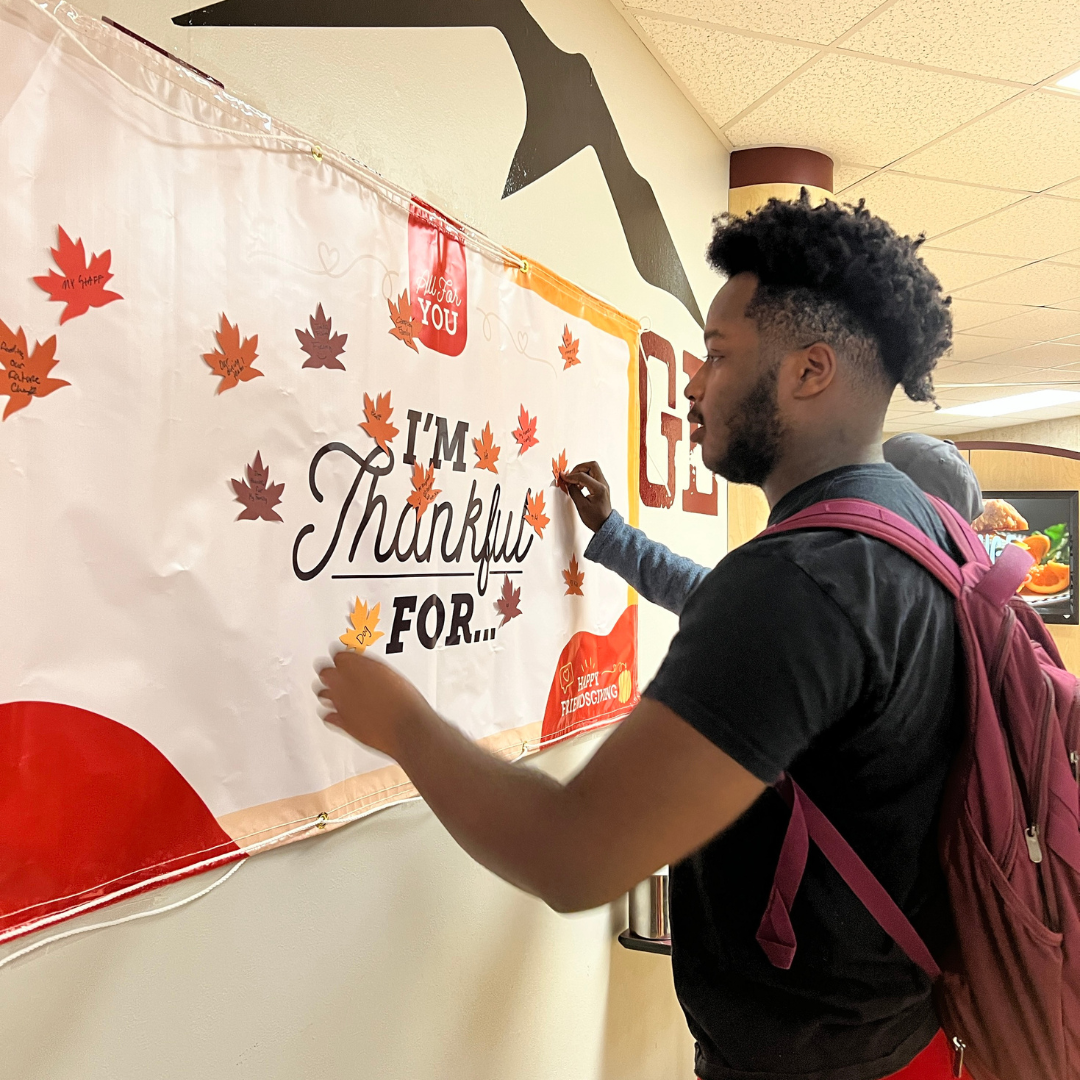
During a large protest demonstration, the U.S. consulate in Benghazi was attacked on Sept. 11, 2012. The attack resulted in the death of four U.S. officials including U.S. ambassador to Libya, Chris Stevens.
The protests leading up to the attack were the result of an anti-Islam video called “The Innocence of Muslims.” The video, which was made in the United States, is considered blasphemous against the Muslim prophet Mohammed and sparked similar protests at American Embassies in Egypt and Yemen, which also turned violent.
The Libyan government denied participation in the attack. Libyan President Mohamed el Megarif believes the attacks were premeditated and linked to extremist Al Qaeda groups. After weeks of investigation, reports from the White House declared the attack on the consulate was a terrorist attack.
“This is out of control,” Darren Darthard, senior Mass Communication major, said. “Innocent people are being killed and it is just a shame. People need to understand that guns, bombs and fire don’t alleviate theses social problems. They just make situations worse.”
Following the attack, President Obama sent warships to the Middle East as a precautionary measure for enhanced security.
WTAMU Bivins Professor of Political Science Dave Rausch said that the U.S. response to the attack is standard procedure.
“The issue is complex,” Rausch said. “Americans want the president to do something, to stand up for the U.S. Should the U.S. drop bombs and break diplomatic relations? In a time like this what’s best is to trust the president.”
On Saturday Sept. 22, thousands of Libyans protested the possible presence of foreign armed forces in Libya. The nation gathered together to show continued support for the U.S. in an effort to maintain a positive relationship between the two nations.
Professor of Political Science Andrew Garcia believes the best course of action for the U.S. government is to remain extremely cautious in their future approach.
“Libyan head of state Muhamed al Megarif has made an immediate and deliberate show of solidarity with the American Government,” Garcia said. “I believe this shows an inherent Libyan belief in the social infrastructure and civil society necessary to prevent further attacks and stabilize U.S., Libyan relations.”
Libyan officials are working in aiding the U.S. in the investigation. Libyan Prime Minister Mustafa Abushagur commended President Obama for diplomatically handling the situation. Over 50 people were brought in for questioning which resulted in several arrests.
In a memorial service Thursday, Sept. 20, Libyan and American officials stood together and declared that those responsible will be brought to justice.







